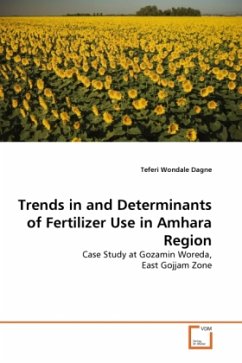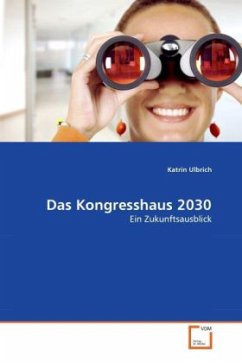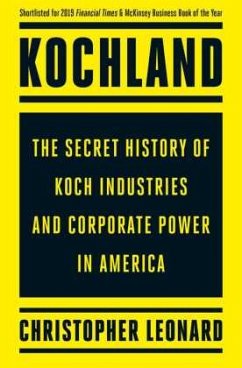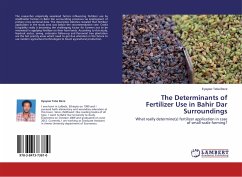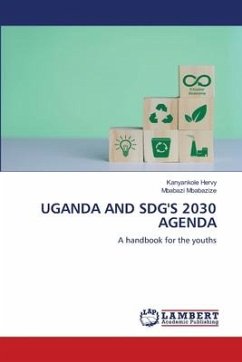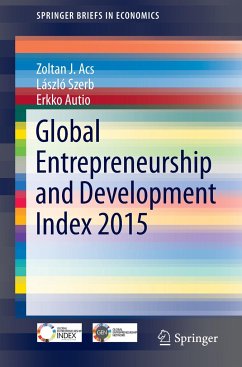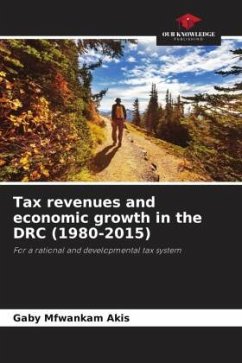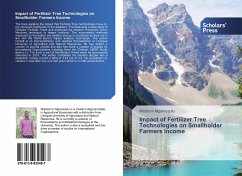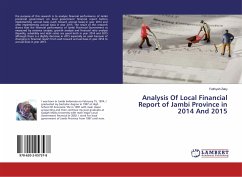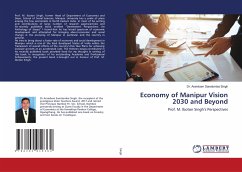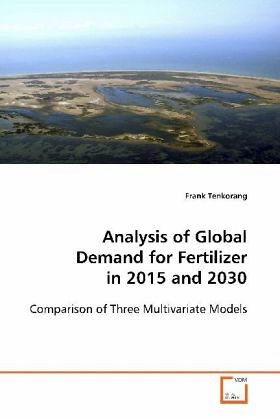
Analysis of Global Demand for Fertilizer in 2015 and 2030
Comparison of Three Multivariate Models
Versandkostenfrei!
Versandfertig in 6-10 Tagen
39,99 €
inkl. MwSt.

PAYBACK Punkte
20 °P sammeln!
Long term fertilizer demand forecast is key to thesuccess of long term plans for global food security.Hence the Food and Agriculture Organization of UnitedNations makes crop projections with the goal ofhalving the incidence of undernourishment by 2015.The amount of fertilizer to support these cropprojections is of paramount interest to both publicand private organizations with interest in thefertilizer industry. Three forecasting techniques arecompared. Fertilizer consumption varies by region.The Rest of Asia region is expected to continue itsdominance in total fertilizer consumption byaccount...
Long term fertilizer demand forecast is key to the
success of long term plans for global food security.
Hence the Food and Agriculture Organization of United
Nations makes crop projections with the goal of
halving the incidence of undernourishment by 2015.
The amount of fertilizer to support these crop
projections is of paramount interest to both public
and private organizations with interest in the
fertilizer industry. Three forecasting techniques are
compared. Fertilizer consumption varies by region.
The Rest of Asia region is expected to continue its
dominance in total fertilizer consumption by
accounting for 48 percent of the global forecast of
154 million Mt in 2015 and 177 million Mt in 2030.
Sub-Saharan Africa will remain the lowest consumption
region. The slower fertilizer consumption growth rate
forecast in the developed regions is evidence of the
effectiveness of the ongoing environmental
stewardship programs. The slower growth rates in
developing countries is however an issue of concern.
A call is made to the various governments to study
these findings and come up with pragmatic and
comprehensive programs to address the low fertilizer
use in their countries.
success of long term plans for global food security.
Hence the Food and Agriculture Organization of United
Nations makes crop projections with the goal of
halving the incidence of undernourishment by 2015.
The amount of fertilizer to support these crop
projections is of paramount interest to both public
and private organizations with interest in the
fertilizer industry. Three forecasting techniques are
compared. Fertilizer consumption varies by region.
The Rest of Asia region is expected to continue its
dominance in total fertilizer consumption by
accounting for 48 percent of the global forecast of
154 million Mt in 2015 and 177 million Mt in 2030.
Sub-Saharan Africa will remain the lowest consumption
region. The slower fertilizer consumption growth rate
forecast in the developed regions is evidence of the
effectiveness of the ongoing environmental
stewardship programs. The slower growth rates in
developing countries is however an issue of concern.
A call is made to the various governments to study
these findings and come up with pragmatic and
comprehensive programs to address the low fertilizer
use in their countries.



